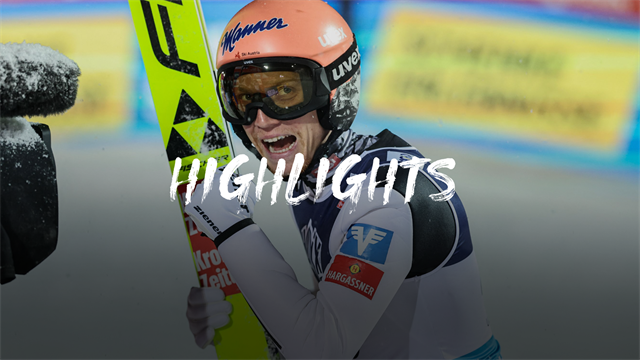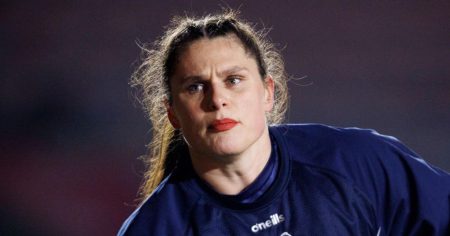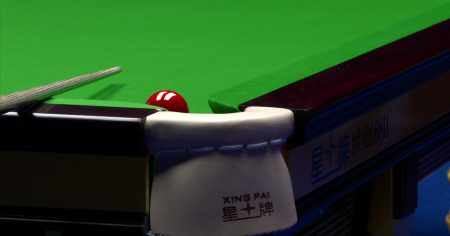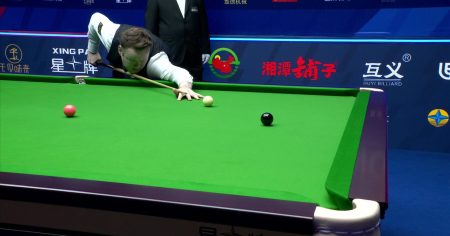The FIS Ski Jumping World Cup touched down in Engelberg, Switzerland, for a thrilling weekend of competition, culminating in an Austrian triumph on the large hill. Jan Hoerl soared to victory, leading a remarkable 1-2 finish for Austria, with teammate Stefan Kraft securing the second spot on the podium. The competition unfolded against the backdrop of the picturesque Swiss Alps, the majestic Titlis mountain providing a stunning vista for both athletes and spectators. Engelberg, known for its challenging hill profile and often unpredictable wind conditions, provided a stern test for the world’s best ski jumpers, demanding precise technique, impeccable timing, and nerves of steel. The competition weekend featured both individual and team events, showcasing the diverse skills and strategies employed in this demanding winter sport.
Hoerl’s victory was a testament to his consistent form throughout the competition. He displayed remarkable composure and technical proficiency in both rounds, achieving impressive distances and maintaining excellent flight posture. His first jump set a strong benchmark, putting pressure on the rest of the field to respond. In the crucial second round, under increasing pressure, Hoerl delivered a near-flawless performance, sealing his victory and sparking jubilant celebrations within the Austrian camp. This win marked a significant milestone in Hoerl’s career, solidifying his position among the elite ski jumpers on the world stage. His performance in Engelberg underscored his potential for continued success in the upcoming competitions, including the prestigious Four Hills Tournament.
Stefan Kraft, a seasoned veteran and former Four Hills Tournament champion, provided a formidable challenge to his younger teammate. He showcased his experience and resilience, delivering two strong jumps that earned him a well-deserved second place. Kraft’s consistent performances throughout the season have demonstrated his continued competitiveness at the highest level. His presence on the podium alongside Hoerl reinforced Austria’s dominance in ski jumping, highlighting the nation’s strength in depth and its continued success in developing world-class athletes. The 1-2 finish provided a significant boost to Austria in the Nations Cup standings, further solidifying their position as one of the leading ski jumping nations.
While the Austrians celebrated their success, the competition also witnessed impressive performances from athletes representing other nations. The fight for the remaining podium spot was fiercely contested, with jumpers from Poland, Germany, Norway, and Slovenia all vying for a top-three finish. The dynamic nature of ski jumping, influenced by factors such as wind speed and direction, ensured that the competition remained unpredictable until the very end. Each jump held the potential for dramatic changes in the leaderboard, adding to the excitement and suspense for spectators both on-site and watching around the world. The varied conditions also highlighted the adaptability and skill of the athletes, who had to adjust their techniques and strategies on the fly to optimize their performance.
The Engelberg competition also provided valuable insights into the form and preparedness of the athletes as they head into the crucial Four Hills Tournament. This prestigious competition, held annually over the Christmas and New Year period, is a highlight of the ski jumping calendar and attracts significant media attention and fan engagement. The results from Engelberg offer a glimpse into which jumpers are peaking at the right time and who might be contenders for the overall title. The performances in Engelberg serve as a crucial benchmark, allowing athletes and their coaching teams to refine their strategies and preparations in the lead-up to the Four Hills Tournament.
Beyond the individual accolades and national pride, the FIS Ski Jumping World Cup in Engelberg showcased the beauty and excitement of this unique winter sport. The breathtaking scenery, the athletic prowess of the jumpers, and the dramatic tension of the competition combined to create a captivating spectacle. The event also served as a reminder of the dedication, discipline, and years of training required to compete at this elite level. From the meticulous preparation of skis and equipment to the precise execution of each jump, ski jumping demands a combination of physical strength, technical skill, and mental fortitude. The Engelberg competition provided a platform for these athletes to showcase their talents and inspire future generations of ski jumpers.














